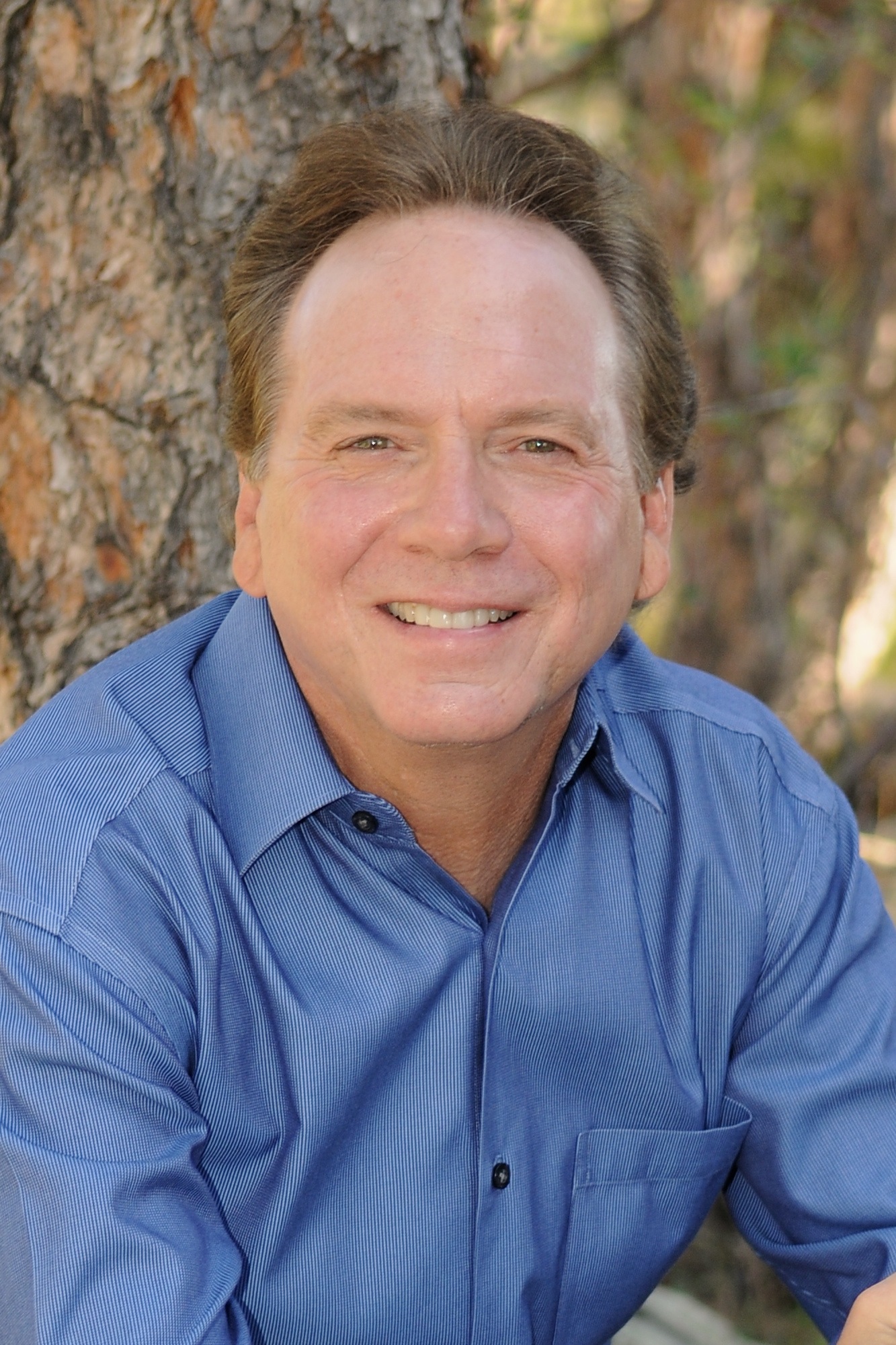Many funeral directors may be struggling to cope with their own grief overload
For many funeral directors, COVID-19 has been a nonstop wrecking ball, decimating families and communities. And who’s in the midst of this crisis providing care to the hundreds of thousands of dead and their grieving people? The funeral home staff whose vocations have placed them squarely in the wrecking ball’s path.
Your work has been extraordinarily difficult. You’ve been challenged with fatigue from physical labor and PPE protocols, along with work conditions that place your health, and that of your family, in jeopardy. Many have borne witness to a staggering amount of loss, perhaps more in a few months than they might otherwise have experienced in an entire year or more.
If you feel you’ve been exposed to too much loss during the pandemic and find yourself struggling with your thoughts, feelings and ability to function day to day, this article can help direct you.
Grief Overload
Grief overload is what you feel when you experience too much loss all at once or in a relatively short period. Funeral directors understand and accept that death is a natural part of life. You are well equipped and trained to handle loss situations. But when you’re forced to care for an unusually high number of families, some in desperate circumstances, you naturally will feel heightened stress, anxiety, fear, depression, hopelessness, physical unwellness and other symptoms.
Grief overload simply means you’ve been exposed to more loss than anyone could reasonably take in stride. Even if you’ve coped well being surrounded by death and loss in the past, you may be finding that these losses are different. This time, you may feel helpless and hopeless. This time, you may feel like you’re struggling to survive.
Secondary Trauma
Secondary trauma occurs when you are exposed to others’ situations of traumatic loss. During the pandemic, many funeral directors have suffered not only grief overload but also secondary trauma. These symptoms often overlap with post-traumatic stress symptoms and can include intrusive thoughts about what has happened, avoidance of triggers and feelings related to places or events, pervasive negative feelings and pronounced anxiety.
The Way Forward
The pandemic wrecking ball is leaving many grief-overloaded and traumatized funeral directors in its wake. If you’re one of them or know someone who may be, here are some guidelines for caring for your mental health in the weeks and months to come.
Prioritize your own care
You can’t be of much help to others if you’re not first taking care of yourself. If you’re struggling, it’s time to make yourself the top priority. Take a day or two or three off, if at all possible, to recuperate and get an assessment.
Get an assessment
See your primary care provider as well as a professional counselor. The goal is to create a plan to shore up your mental health and get you the intensive help you may need for a period of weeks or months to restore and rebalance.
Look into company resources
Many workplaces with front-line caregivers have protocols and mental health resources for trauma training, debriefing, reflective supervision, therapy and more. Does your funeral home? If not, now is the time to implement these essential measures. Discuss this need with your CEO, HR director or funeral home owner. Know what resources are available and how to access them.
Take sick leave or FMLA to buy yourself downtime
If you are emotionally unwell, both sick leave and family leave time can be used to give yourself an essential respite. What you may need most of all is some time away from COVID-19 losses and trauma. Again, talk to your supervisor to take advantage of the benefits you’ve earned. Focus on good basic self-care
If you’ve been too busy or distracted to take good care of yourself, it’s time to make time. Now, more than ever, you need adequate high-quality sleep, regular exercise, a healthy diet and good hydration. Mindfulness practices such as meditation and yoga can also be transformative.
Use your time away from work to embark on a selfcare makeover. Ask friends and family to help you with this new lifesaving focus.
Throughout the crisis, we’ve been applauding last responders like you. We’ve been calling you heroes, thanking you and even dropping off food to help keep you sustained. Yet you and I know that claps and cookies are not enough. You deserve to be well cared for, including comprehensive mental health benefits and adequate time away from work so you can renew yourself and be able to return to work healthy and whole.
If you think you may be suffering from grief overload and/or secondary trauma, please reach out for support today.
 Alan Wolfelt, Ph.D., has been recognized as one of North America’s leading death educators and grief counselors. He is founder and director of the Center for Loss and Life Transition and a longtime consultant to funeral service. Contact him at [email protected].
Alan Wolfelt, Ph.D., has been recognized as one of North America’s leading death educators and grief counselors. He is founder and director of the Center for Loss and Life Transition and a longtime consultant to funeral service. Contact him at [email protected].
This article was originally published in the Fall 2020 issue of The Independent. Click here to read the entire issue.

